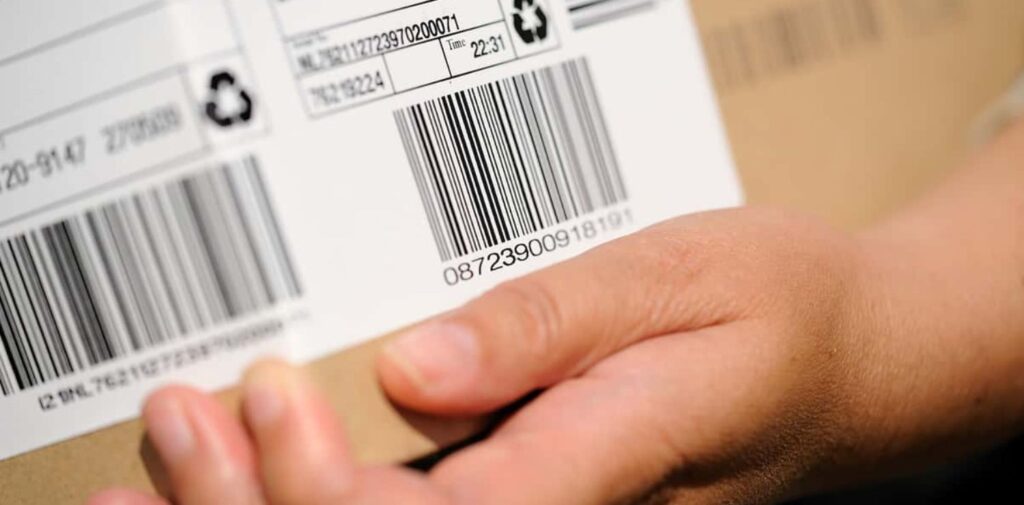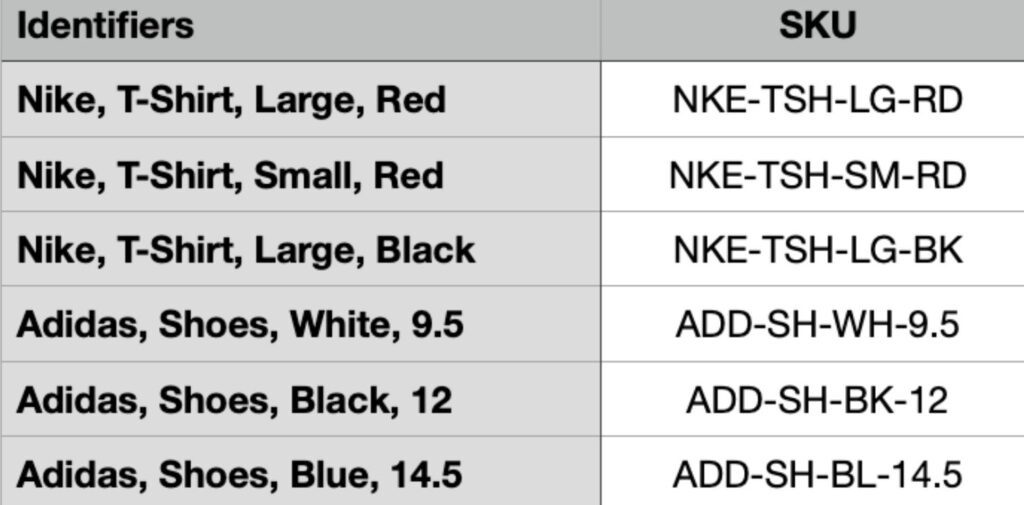Ever wondered how businesses keep track of all their products? Well, they use something called SKU numbers. These are special codes that make sure everything stays organized. But why are they so important? Imagine a huge store with tons of items – without stock keeping unit, it would be chaos. SKUs help businesses keep records straight, make sure they never run out of stock, and work more smoothly. In this guide, we’ll dive into how you can create SKUs for your own business, no matter how big or small it is.
Why are SKUs Important?
SKUs are super important for businesses because they’re like special codes that keep everything organized. Imagine walking into a huge warehouse full of stuff – how does the manager know what’s there and when to get more? That’s where stock keeping units come in. Each product gets its own unique SKU, making it easy to know what’s in stock, what’s selling well, and what needs restocking. Without SKUs, it would be really hard to keep track of everything.
But SKUs aren’t just random numbers – they’re like a secret language that only businesses understand. With stock keeping units, managers can quickly see which products are popular and which ones aren’t. This helps them decide what to order more of and what to skip. And when it’s time to reorder, stock keeping units make it simple. Instead of sorting through loads of paperwork, managers can just look at the numbers and know exactly what they need.
But stock keeping units aren’t just for inventory. They also help businesses figure out what customers like. By checking which products have the highest SKU numbers, managers can see trends. Maybe everyone’s loving a certain color or size, or maybe there’s a type of product that’s always selling out. With this info, businesses can offer more of what people want, keeping customers happy and their business booming. So, you see, stock keeping units aren’t just numbers – they’re the secret sauce to making a business successful.

Components of a SKU:
Stock keeping units are made up of different parts that help identify products easily. Here’s what they include:
- Product Type: This is what the product is. For example, if it’s a shirt, the product type would be “shirt.”
- Variant: Sometimes, products come in different versions, like different colors or sizes. The variant tells us which specific version of the product it is. For instance, if the shirt comes in blue, red, and green, each color would be a variant.
- Attributes: These are extra details about the product that help distinguish it even more. It could be things like material, style, or any other special features. For example, if the shirt is made of cotton and has a collar, those would be attributes.
Now, let’s look at some examples of how different businesses structure their SKU numbers:
- Clothing Store: In a clothing store, the SKU for a blue cotton shirt in size small with a collar might look like this: SHIRT-BLU-SM-COL.
- Electronics Retailer: For an electronics store selling laptops, an stock keeping unit for a specific model might include the brand, model number, and storage capacity. For example DELL-LAPTOP-XPS15-256GB.
- Grocery Store: In a grocery store, stock keeping units for different types of fruits might include the fruit’s name and size. For instance: APPLE-RED-LARGE or BANANA-YELLOW-MEDIUM.
These examples show how businesses use SKUs to describe their products in a way that’s easy to understand and organize.

Developing a stock keeping unit Naming Convention
Developing a consistent naming system for stock keeping units is super important because it helps everyone understand what each code means. Imagine if every product had a different kind of code – it would be a mess. To make things easier, businesses should use abbreviations and codes that make sense. For example, they could use letters to represent categories (like “A” for apparel), followed by numbers for specific items (like “01” for shirts). This way, everyone knows exactly what each SKU means, making it easier to find and manage products.

Tailoring SKUs to Your Business Needs
Tailoring SKUs to fit your business is super important. Different industries and products need different kinds of stock keeping units. For example, a clothing store might use stock keeping units to show sizes and colors, while a hardware store might focus on product types and sizes. It’s like making a language that fits your business perfectly.
To make a clear and easy-to-understand system, you can use abbreviations and codes. Keep it simple so everyone in your business can understand. This way, managing inventory becomes a breeze, and your business runs smoothly.
Best Practices for Creating Effective SKUs
When making SKUs, keep them short, clear, and different from each other. Avoid making them too complicated or using the same one for different items. Make sure each stock keeping unit describes the product well, so it’s easy to tell what it is just by looking at the code. Also, double-check for any duplicates to avoid mix-ups. By following these simple tips, you’ll make sure your stock keeping units help rather than hinder your business.

Implementing SKUs in Your Business Operations
- Integrating Stock keeping unit s into Your Inventory Management System:
- Input SKUs for each product into your inventory software.
- Ensure all incoming stock is labeled with SKUs.
- Regularly update inventory records with SKU information.
- Training Staff on Using stock keeping units:
- Provide clear instructions on how to read and input SKU numbers.
- Offer hands-on training sessions to practice using SKUs.
- Create reference materials, like cheat sheets, for quick SKU lookup.
Conclusion
In a nutshell, making stock keeping units is super important for businesses to keep their inventory organized. When you have easy-to-understand stock keeping unit numbers that fit your business perfectly, everything runs smoother. It helps you know what’s in stock, what’s selling, and what needs restocking. Plus, it makes your whole operation more efficient. So, by putting some thought into your SKUs and making them work for you, you’re setting yourself up for success. Remember, clear and simple SKUs are the key to keeping your business running like a well-oiled machine.
Frequently Asked Questions
What is the difference between a SKU and a barcode?
While both are used for inventory management, an SKU is an internal code assigned by the business to identify products, whereas a barcode is a scannable representation of that SKU used at the point of sale.
Do I need to assign a unique SKU to every product?
Yes, assigning a unique SKU to each product ensures accurate tracking and management of inventory levels, variants, and sales data.
Can SKUs be changed or updated?
While it’s possible to update SKUs, it’s generally advisable to establish a consistent naming convention to avoid confusion. If changes are necessary, they should be implemented systematically with proper documentation and communication.
How should I organize SKUs for different product categories?
You can organize SKUs by product type, category, or any other relevant criteria that align with your business needs. Consistency and clarity are key to effective organization.
Are there software tools available to help with SKU management?
Yes, there are various inventory management software solutions available that offer SKU management features, including SKU creation, tracking, and reporting.
By following these guidelines and incorporating SKUs into your business processes, you can streamline operations, improve inventory accuracy, and position your business for growth and success.




